Posh Policy
As Required under The Sexual Harassment of Women at Workplace (Prevention, Prohibition and Redressal) Act, 2013 by Technocon Group of Entities.
As Required under The Sexual Harassment of Women at Workplace (Prevention, Prohibition and Redressal) Act, 2013 by Technocon Group of Entities.
TECHNOCON GROUP has envisioned establishment of POSH ICC committee that will help women against sexual harassment at workplace. The policy will be implemented across Technocon Group of Entities at each location of its operation. TECHNOCON GROUP would engage a committee to implement the said policy.
The Purpose of the POSH Policy
This policy will be governed by POSH Act including meanings, analysis, perceptions, interpretations, assumptions of all definitions, abbreviations, glossary and legal words as per the Act and any relevant state or local laws.
TECHNOCON GROUP & POSH COMMITTEE MEMBERS agree to have an Internal Complaints Committee for Implementation, Redressal Mechanism, lodging a complaint, receiving a complaint, Resolution procedure through conciliation, Inquiry Procedure and ongoing investigation in related matters ahead.
The Governance Structure at TECHNOCON GROUP would have Internal Complaints Committee chaired by the Presiding Officer, led by three members (within the organization) and one external member.
The detailed proposed structure of the committee as per Section 4 of the POSH Act is:
| Name | Designation | Contact Details |
|---|---|---|
Mrs. Jui Dutta (Senior Woman employee) | Presiding Officer | jui.dutta@technoconservices.com |
| Mr. Gautam Dutta | Internal Member | gautam.dutta@teknoconstant.com |
| Mr. Uttpal Chandro Das | Internal Member | uttpalchandro.das@technoconservices.com |
| Ms. Sulogna Ghosh | Internal Member | sulogna.ghosh1@technoconservices.com |
Mrs. Jhilick Das (Legal expert) | External Member | das.jhilick2014@gmail.com |
Withdrawal Allowed: The complainant can withdraw the complaint in writing at any time before the ICC starts the inquiry.
Conciliation: The ICC can initiate conciliation between the complainant and the respondent if the complainant requests it and the respondent agrees. This can lead to a settlement, and the complaint may be withdrawn.
Withdrawal Not Allowed: Once the investigation process has started, the complainant cannot withdraw the complaint.
Investigation Must Continue: The ICC must complete the investigation and issue a report, regardless of the complainant’s desire to withdraw.
Reasons for Withdrawal: The ICC must ascertain the reasons for the withdrawal and record them in writing.
Counter-Signature: The complainant must counter-sign the written statement of reasons for withdrawal.
Material Gain: Conciliation cannot involve monetary settlements or any other form of material gain.
Non-Compliance with Settlement: If the respondent fails to comply with the terms of a settlement reached through conciliation, the ICC must proceed with the investigation or forward the complaint to the police.
If the Internal Complaints Committee (ICC) determines that a POSH complaint is not substantiated, the ICC will issue a report indicating that no action is required. If the ICC also finds malicious intent in the complaint, it can recommend action against the complainant, potentially including penalties like a written apology or warnings, according to the Indian laws.
When a complaint is substantiated under the POSH Act, the Internal Complaint Committee (ICC) can recommend various actions to the employer, which may include disciplinary action like Warning or Reprimand, Suspension, Withholding of Promotion, Withholding of Pay Rise or Increments or other potential actions like counseling, Written Apology, Transfer, Interim Reliefs, no-contact order etc. and in severe cases, termination of employment etc.. The specific actions recommended will depend on the severity of the harassment and the organization’s service rules.
The specific actions the ICC can recommend are also governed by the organization’s service rules and policies or other internal management policies. The ICC’s recommendations are submitted to the employer, who is responsible for implementing disciplinary action or other measures.
The complainant submits a written complaint to the ICC within three months of the incident as aforementioned, along with supporting documents and witness details.
The ICC forwards a copy of the complaint to the respondent within 7 working days and requests a response.
The respondent has 10 working days to submit their response, including supporting documents and witnesses.
The ICC conducts the inquiry, ensuring a minimum of three members are present, including the Presiding Officer and the External Member. The inquiry must be completed within 90 days.
The ICC follows principles of natural justice, allowing both parties to present their case and cross-examine witnesses.
The ICC maintains confidentiality of all proceedings and the identity of the parties throughout the investigation.
If the complainant or respondent fails to appear for three consecutive hearings without a valid reason, the ICC can terminate the inquiry with proper notice.
Neither party can bring a lawyer to represent them during the inquiry.
The ICC prepares a detailed inquiry report with findings, conclusions, and recommendations, which is submitted to management within 10 days of completing the inquiry. This report outlines the reasons for the findings, conclusions, and recommendations, including any disciplinary actions proposed. The report is also shared with the complainant and the respondent.
The management then takes appropriate action based on the ICC’s recommendations, which may include disciplinary measures, counseling, or training programs. The employer is obligated to implement the recommendations of the ICC within 60 days and inform the ICC about the implementation.
Pursuant to Section 18 of the POSH Act, any party aggrieved by the findings or recommendations of the Internal Complaints Committee (ICC) may prefer an appeal to the court or Tribunal as per the prevailing Act and other laws and jurisdiction for the time being in force and service rule policy of Employer, if exist within 90 days of receiving the decision.
It is clarified that the ICC is an independent statutory and quasi-judicial body constituted under the Act. The Technocon Group and its management shall not be considered a party to the appeal or its proceedings, provided that the Technocon has fulfilled its statutory obligations pursuant to Section 19 of the Act as Section 18 of the Act allows appeal only against ICC’s recommendation.
Therefore, any dispute or appeal must be directed against the findings, decision and recommendations of the ICC, and not against the Technocon Group of Entities or Employer, where statutory compliance has been duly met under section 19 of the Act. Any challenge shall lie only against the ICC’s findings.
APPELLATE AUTHORITY/TRIBUNAT/COURT FOR FILING APPEAL AGAINST ICC RECOMMENDATIONS BY ANY AGGRIEVED PERSON AS PER SEXUAL HARASSMENT OF WOMEN AT WORKPLACE (PREVENTION, PROHIBITION, AND REDRESSAL) ACT, 2013 :
Pursuant to Section 18 of the Act, any party aggrieved by the findings or recommendations of the Internal Complaints Committee (ICC) may prefer an appeal to the court or Tribunal as per the prevailing Act and other laws and jurisdiction for the time being in force and service rule policy of Employer, if exist within 90 days of receiving the decision. So, for the Technocon Group of Entities the following are the Appellate authorities:
Internal Appellate Officer:
The Appellate Authority shall be the Chief Human Resources Officer (CHRO), or any officer not involved in the ICC, designated for this purpose by the Board and it will be final appellate authority in all the cases of Sexual Harassment until Board decided the case severity requires to go with 2,3 or 4 Appellate authorities.
Appeals Review Panel:
A three-member POSH Appeals Panel constituted by the Board of Directors, comprising one independent member depending upon the severity of the case.
External Authority:
An external appellate officer (e.g., Retd. Judge / External Counsel) appointed annually by the Board in case of sensitive or high-profile cases.
Labour Tribunal / Industrial Tribunal:
in case of industrial workers (whenever applicable on Technocon).
For and on behalf of Technocon Group of Entities that consists of:
Technocon Services (R.No.: L77218)
Teknoelectrikol Managed Services Private Limited (Cin: U51909WB1983PTC035974)
Teknowledge Analytic Services Private Limited (Cin: U74900WB1987PTC042234)
Teknoconstant Energy Private Limited (Cin: U74999WB2011PTC166480)
Teknologikol Logistics Private Limited(Cin: U74210WB2008PTC122150)
Teknomoto Automart Private Limited(Cin: U74210WB1984PTC037494)

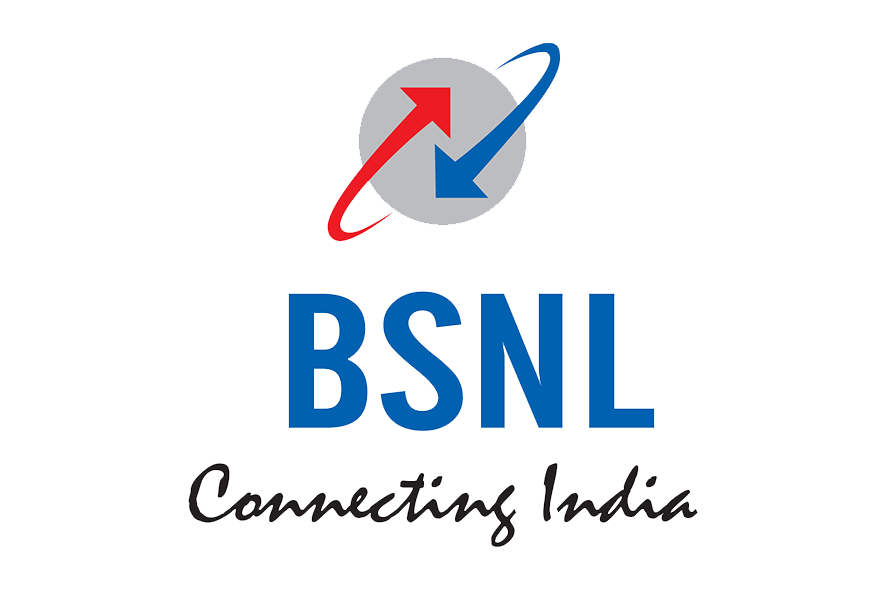
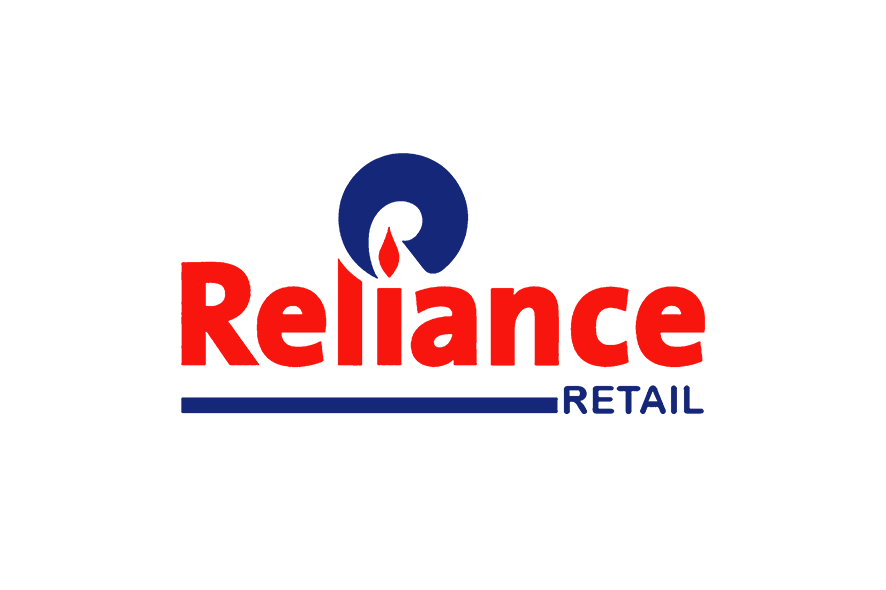

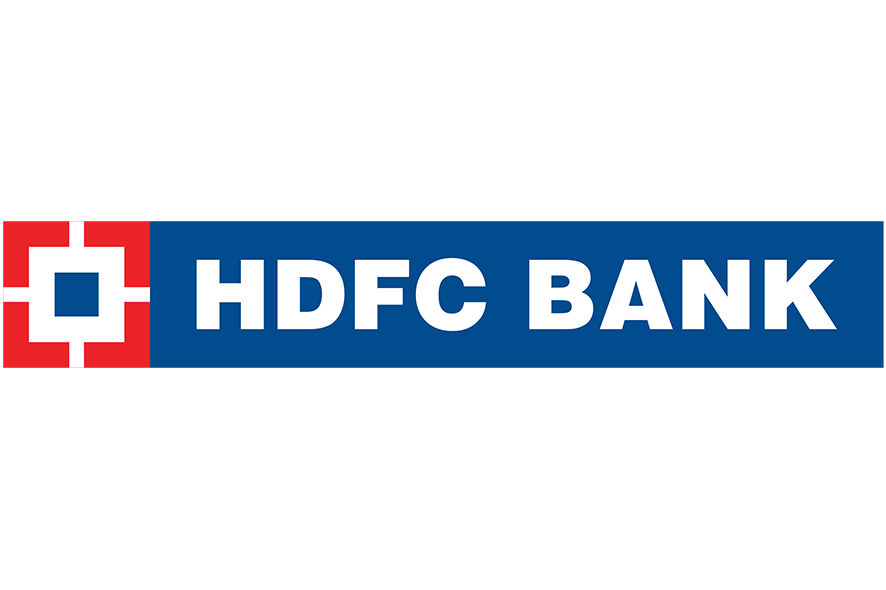
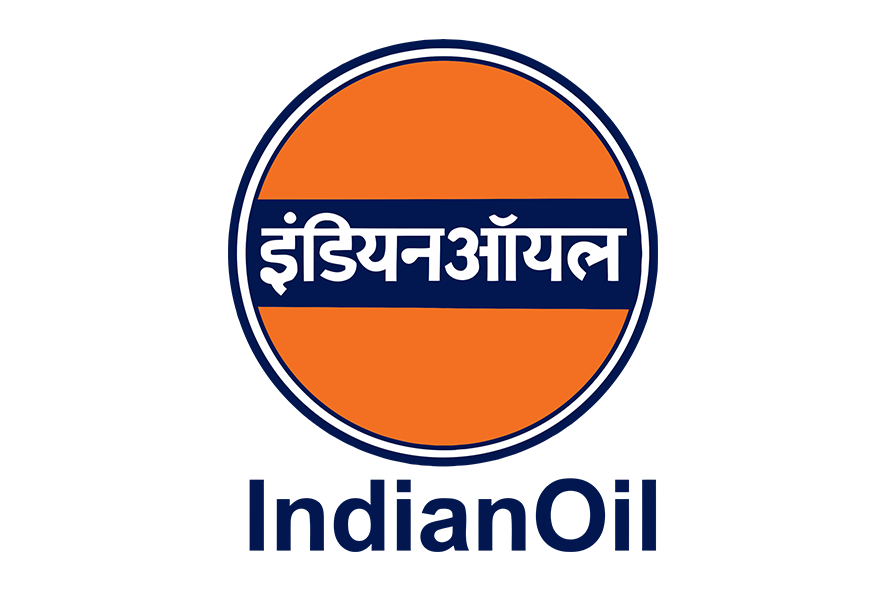
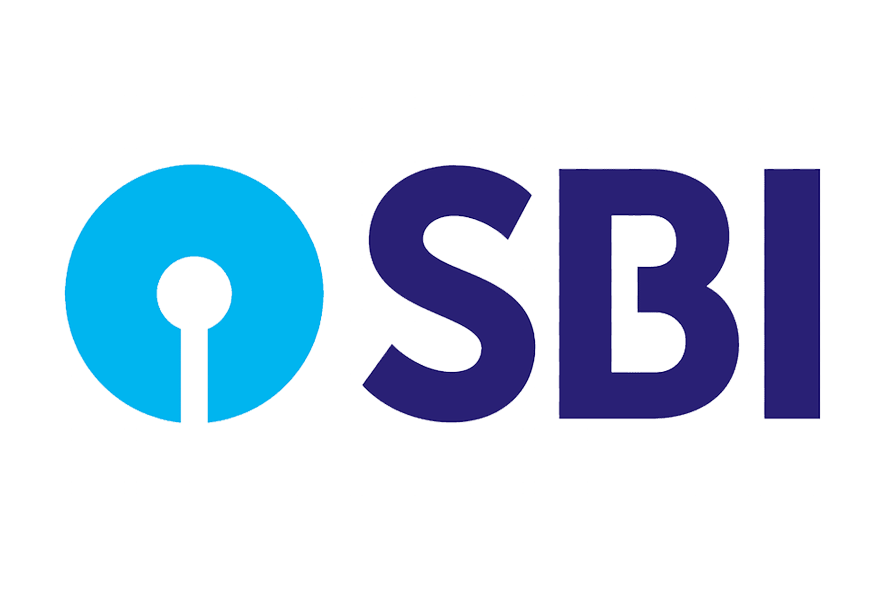

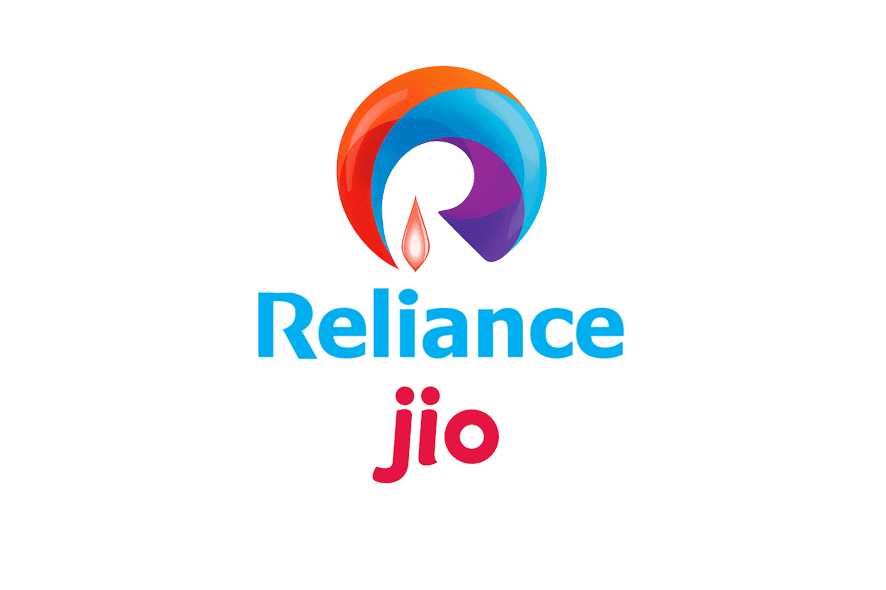

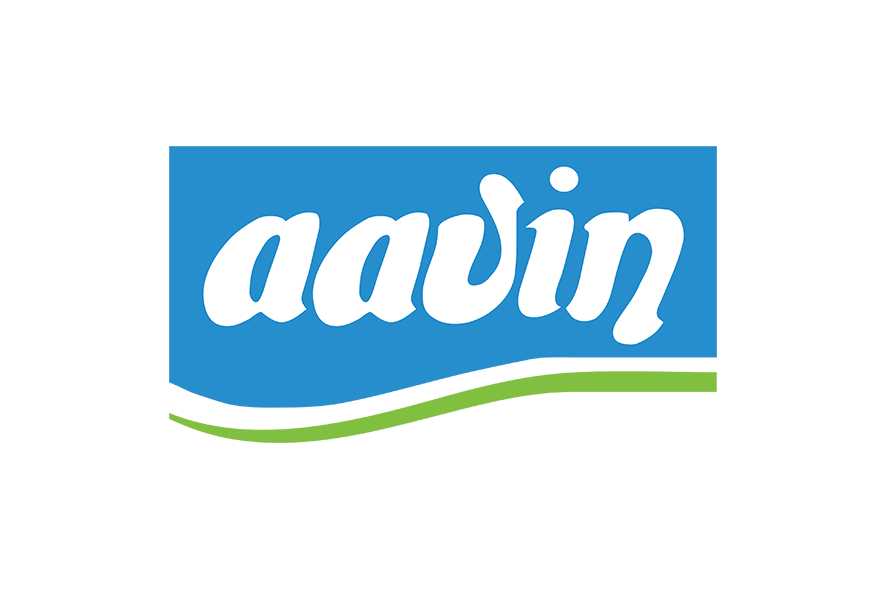
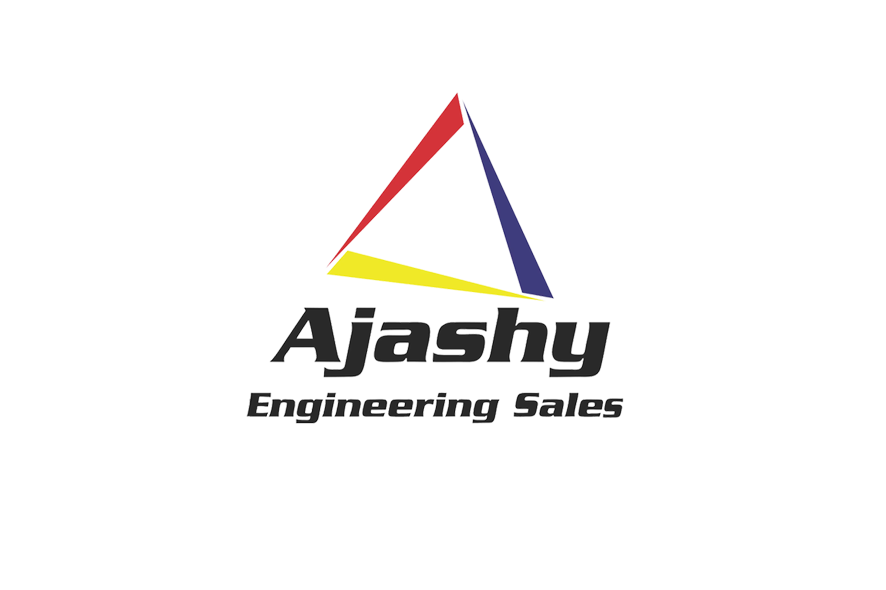
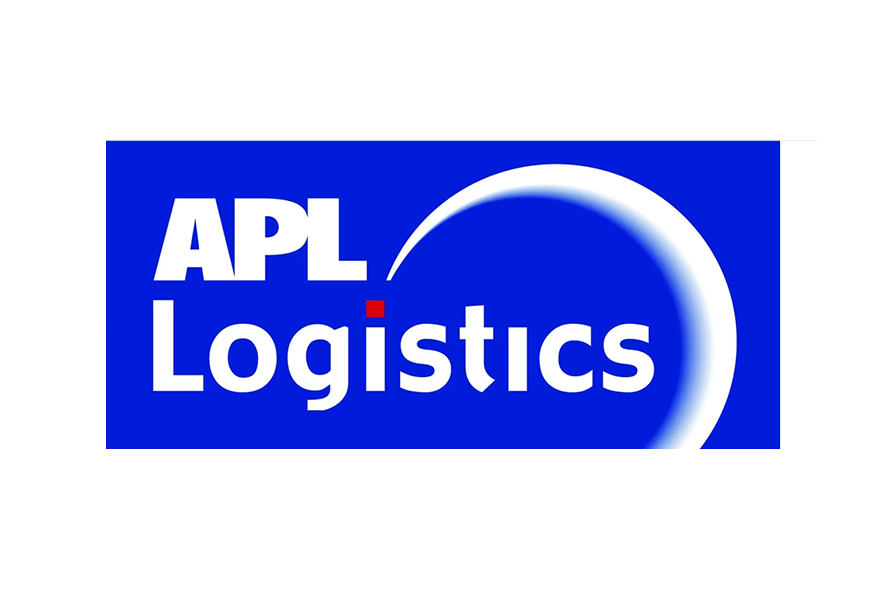
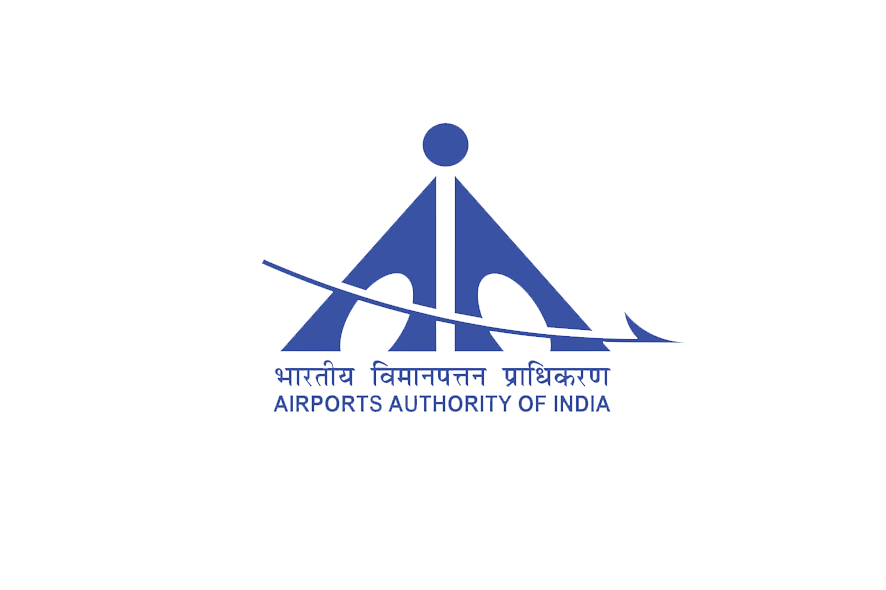

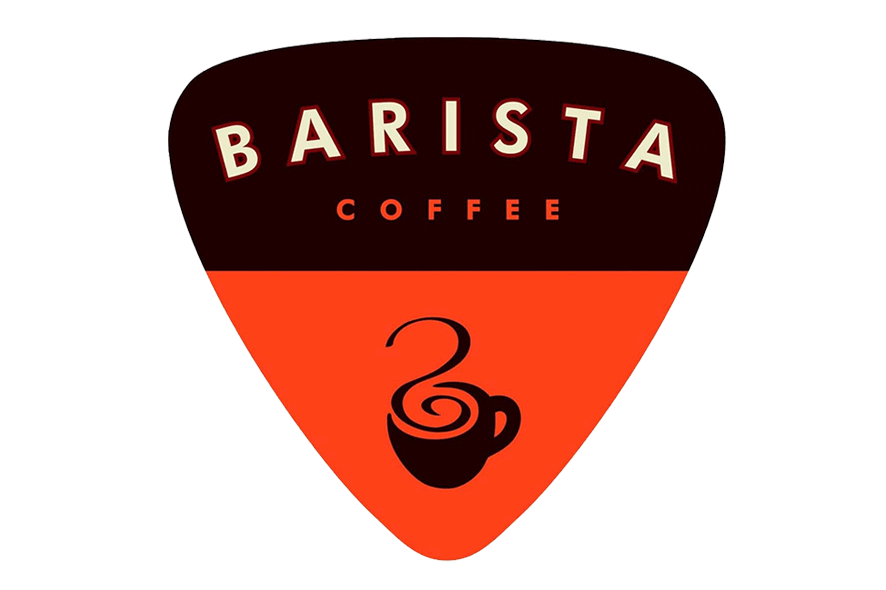
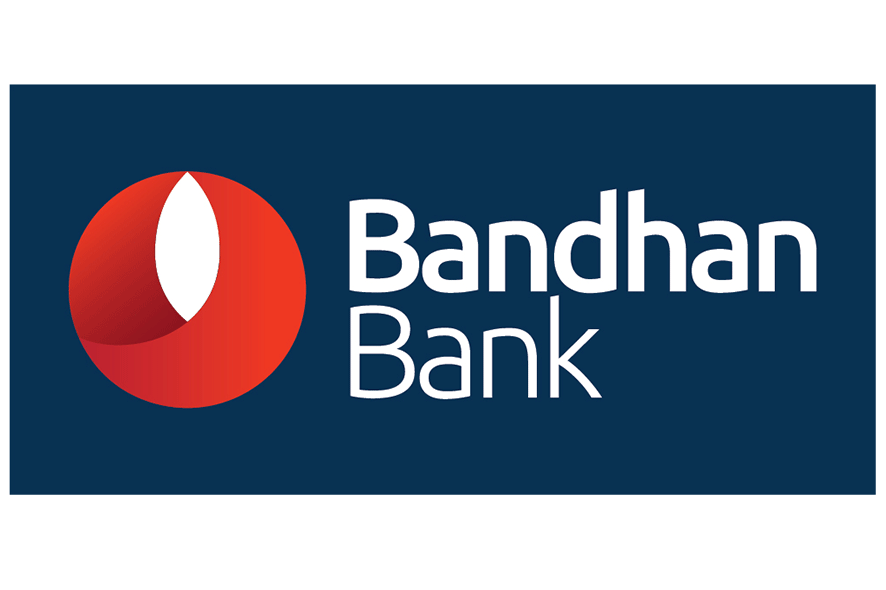
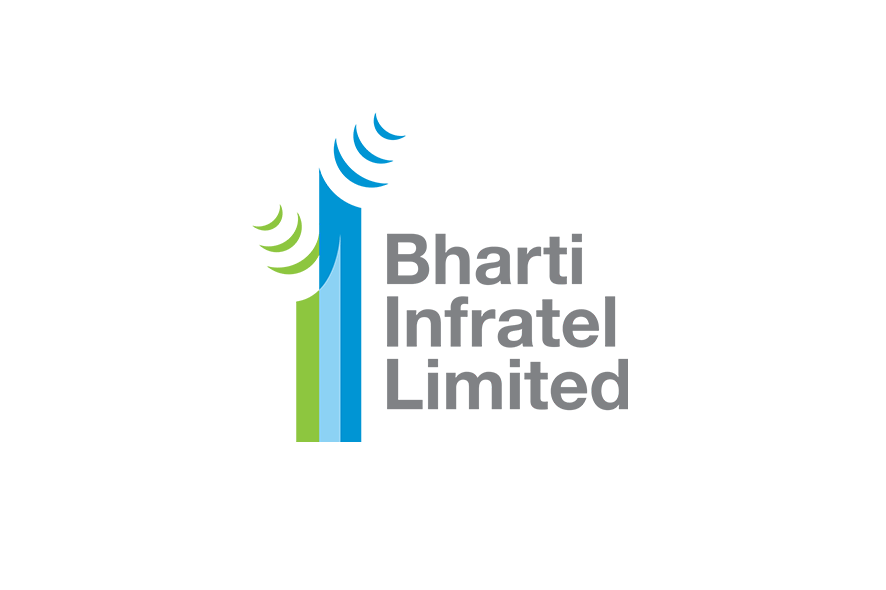
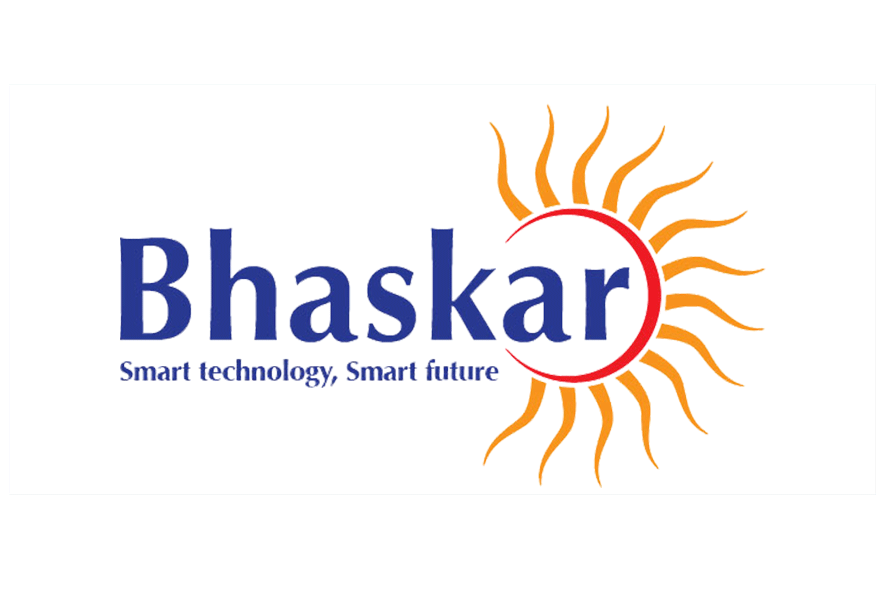
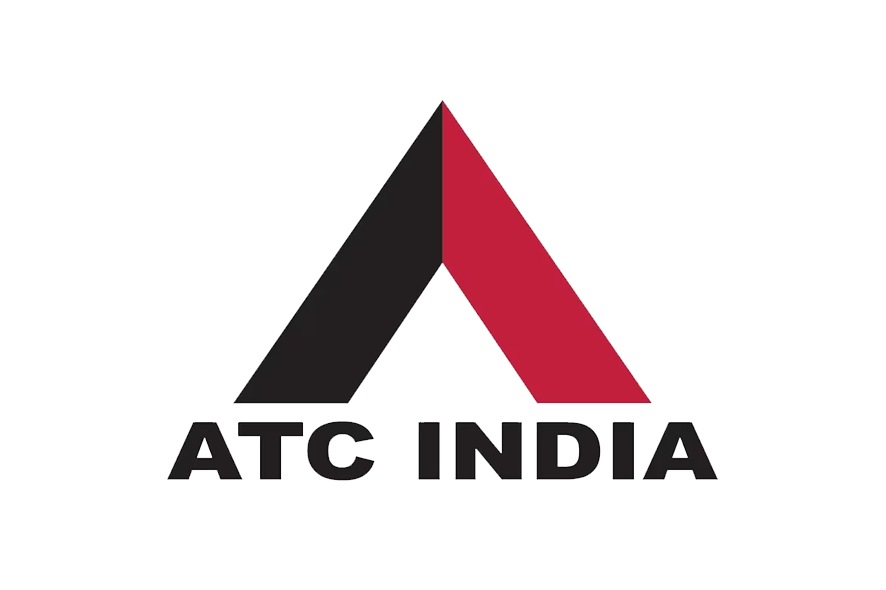
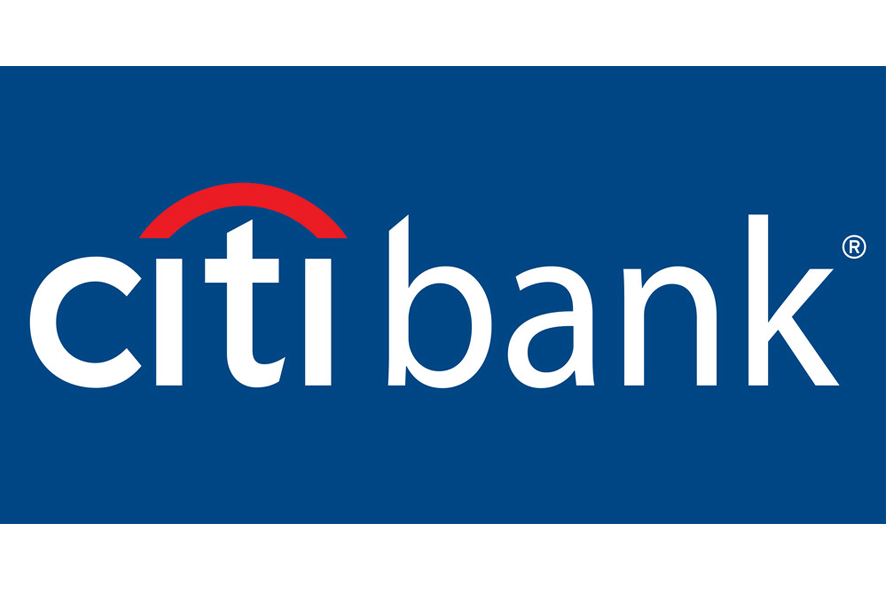

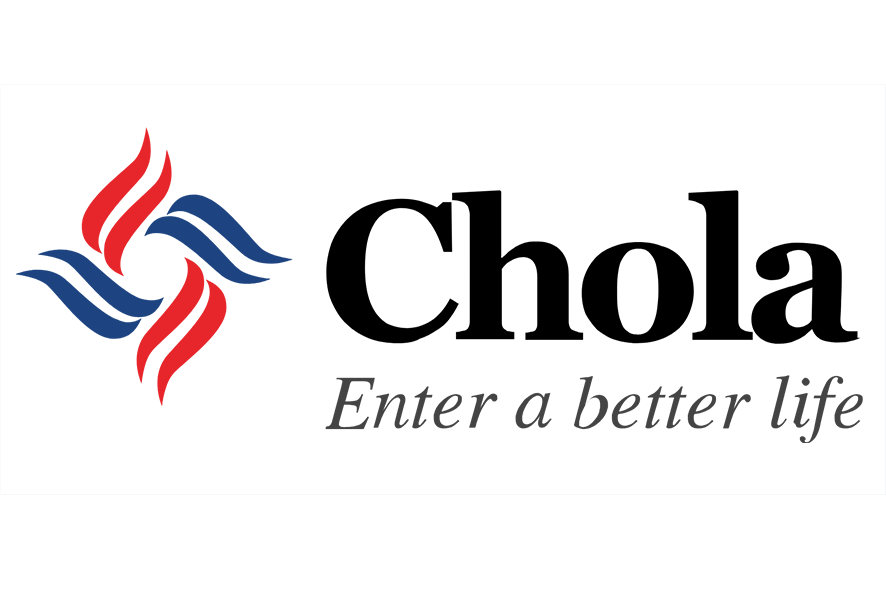

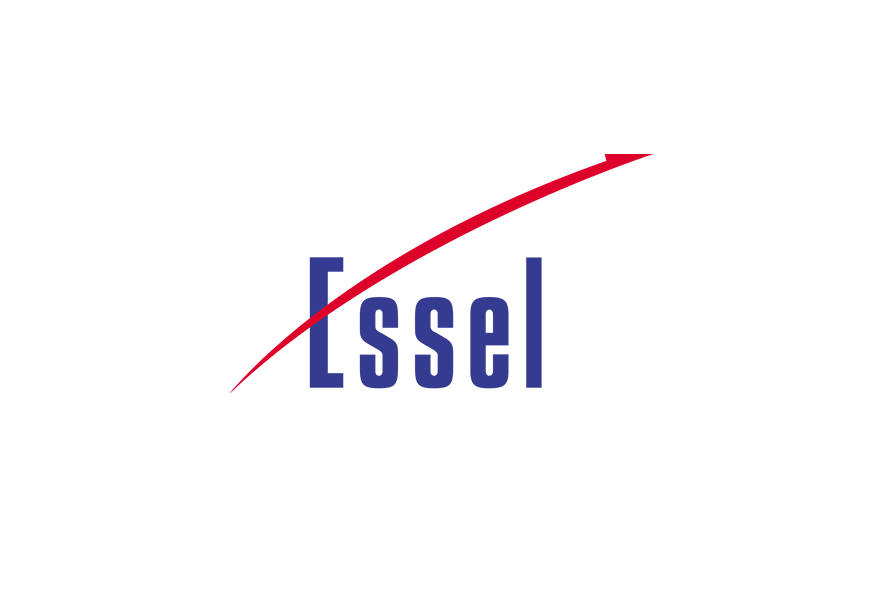
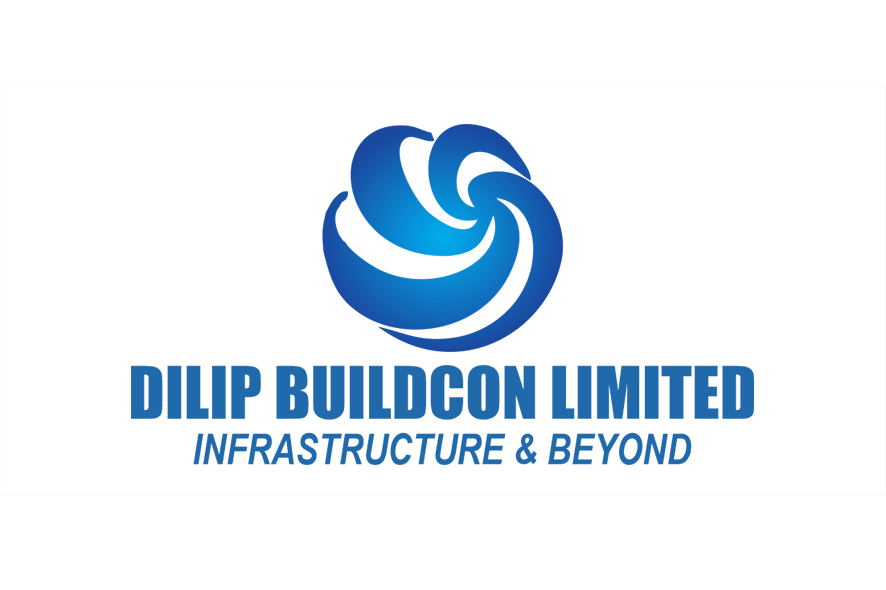

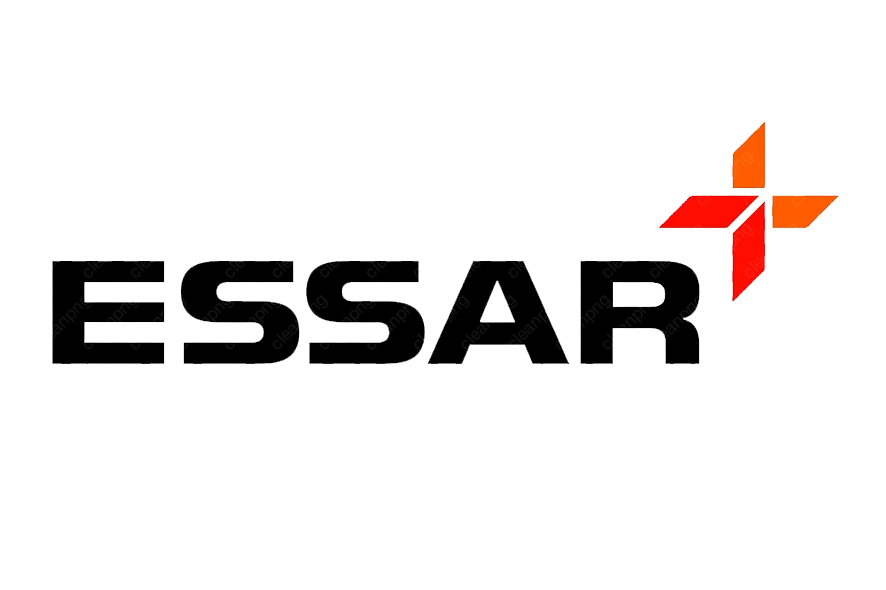
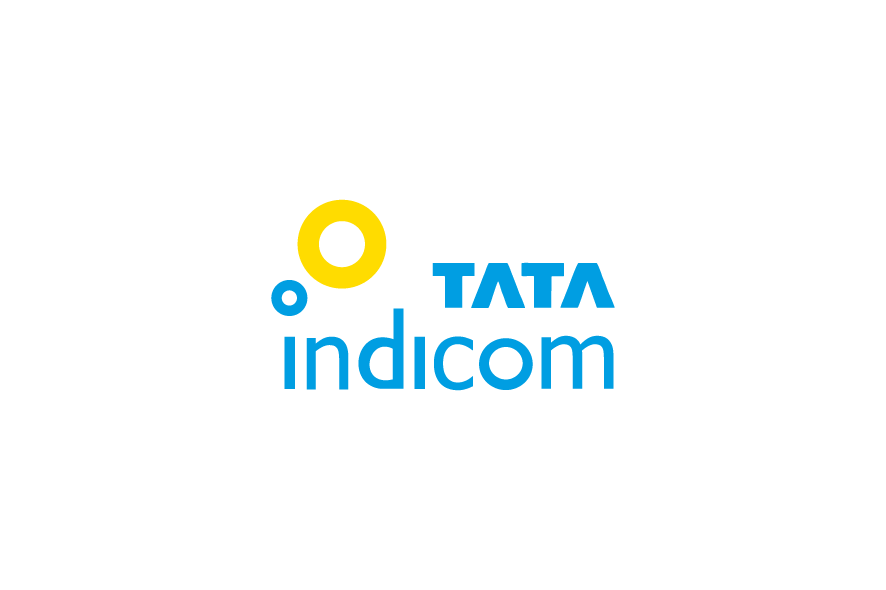

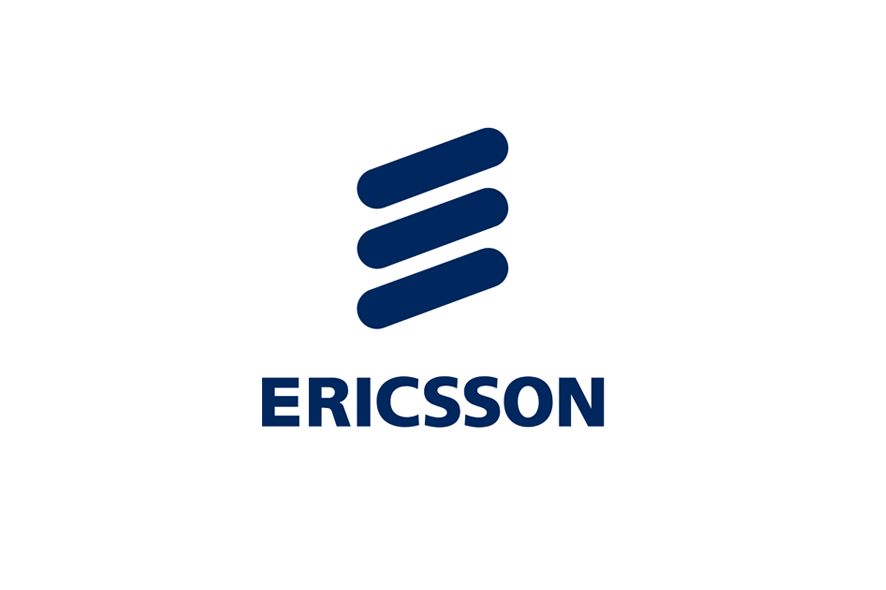

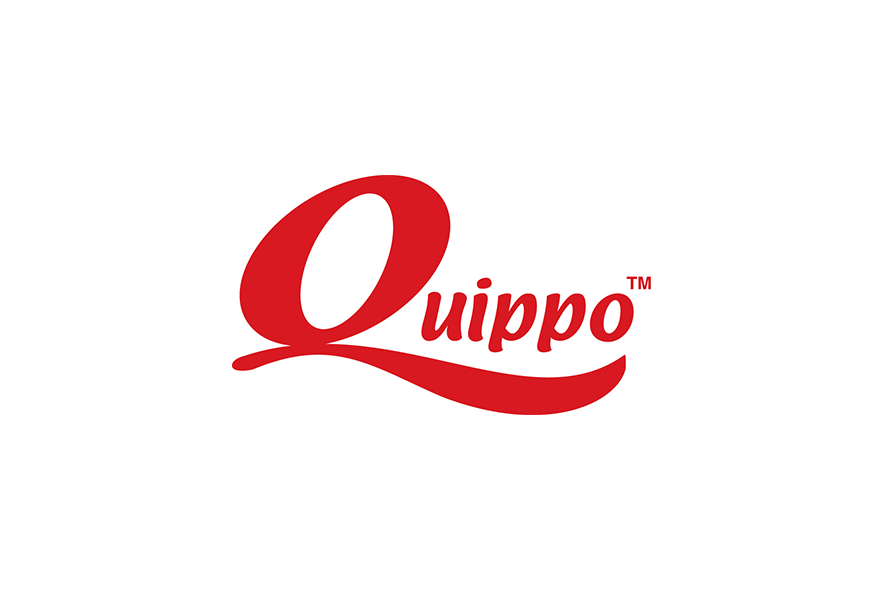
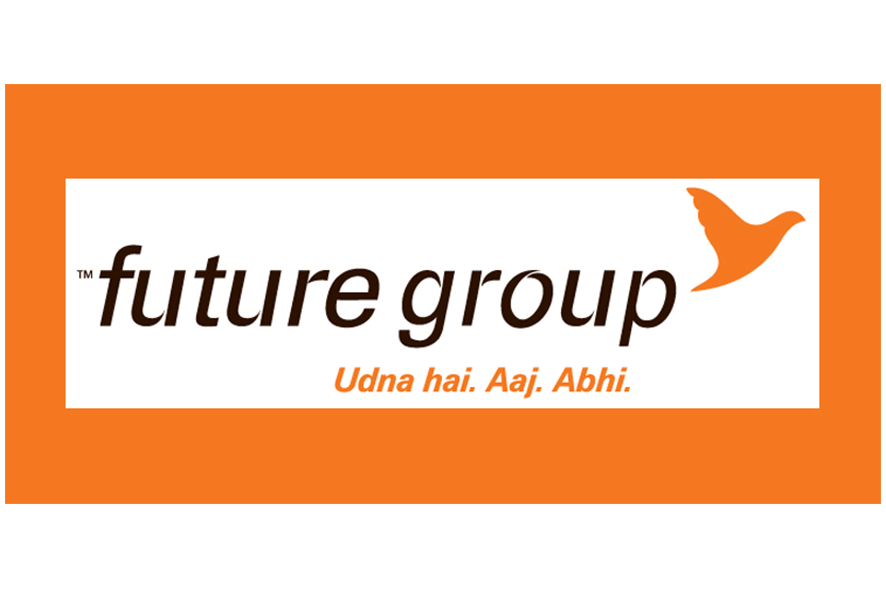

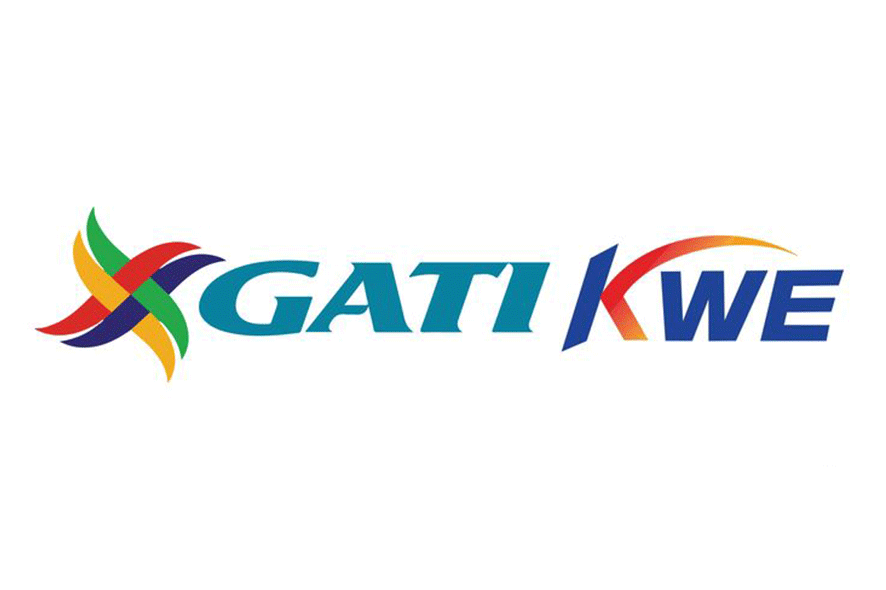
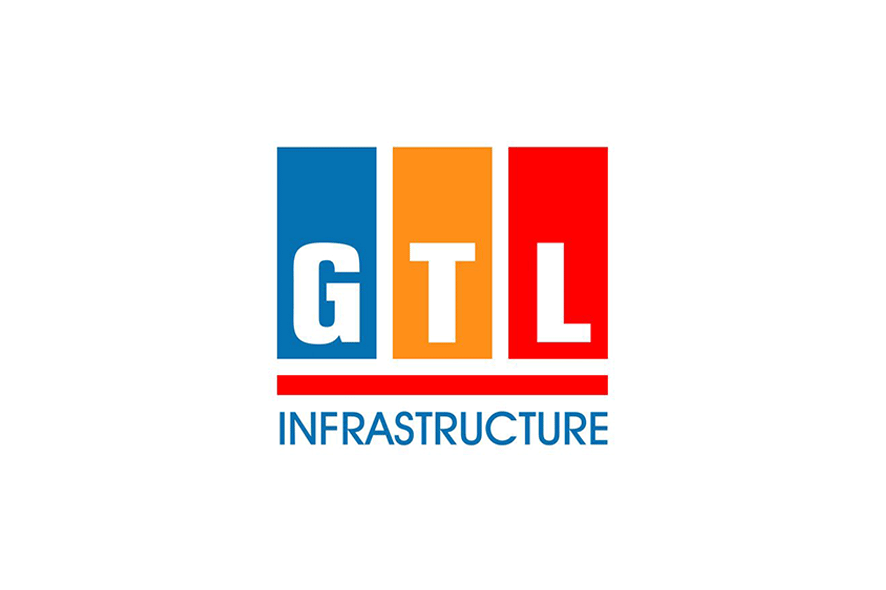

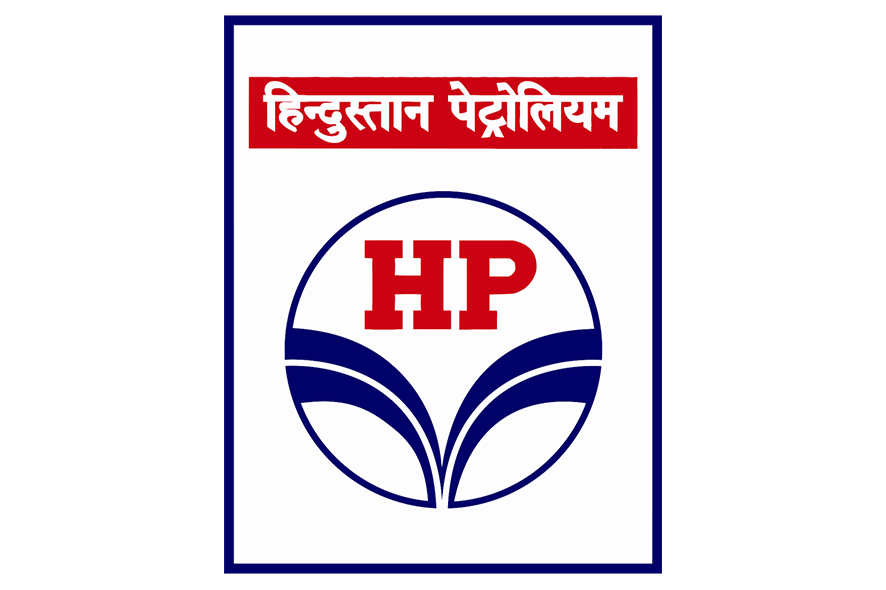



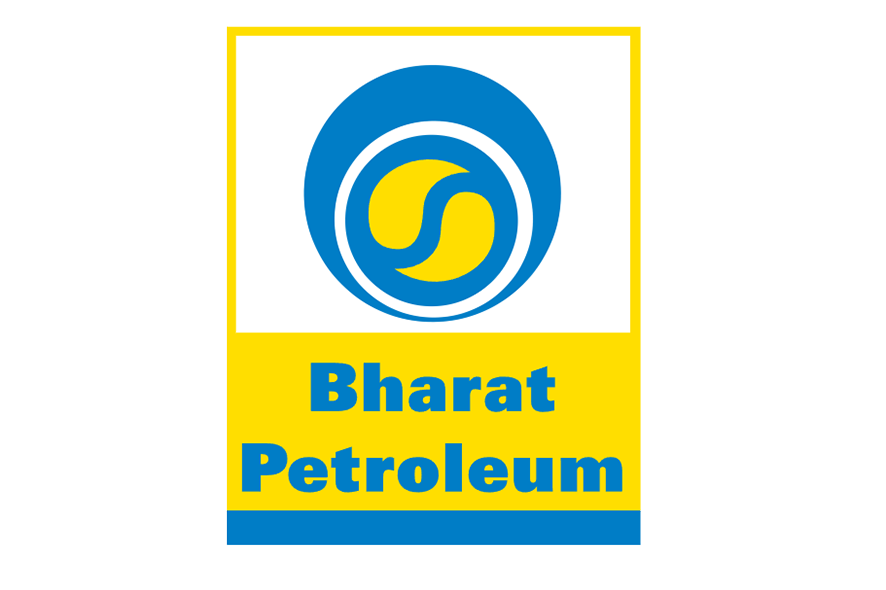
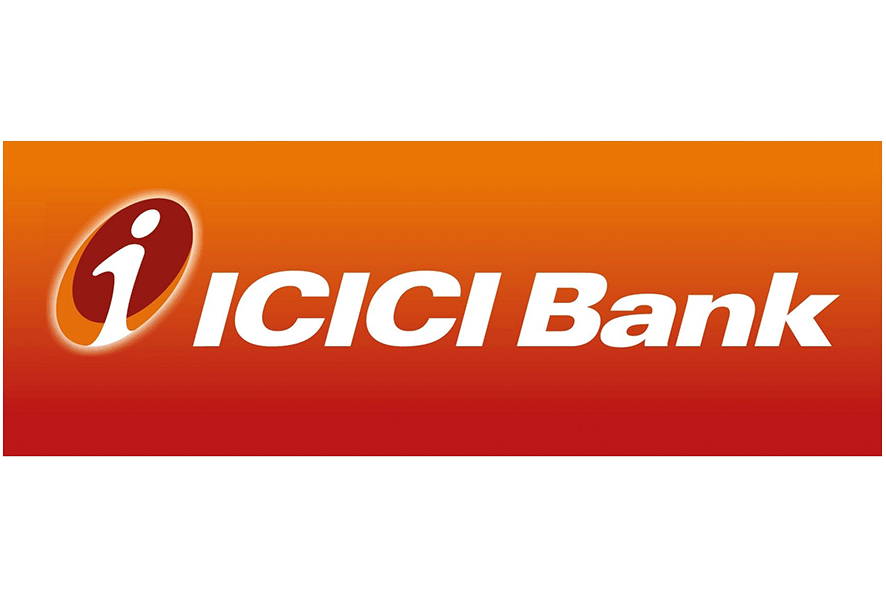
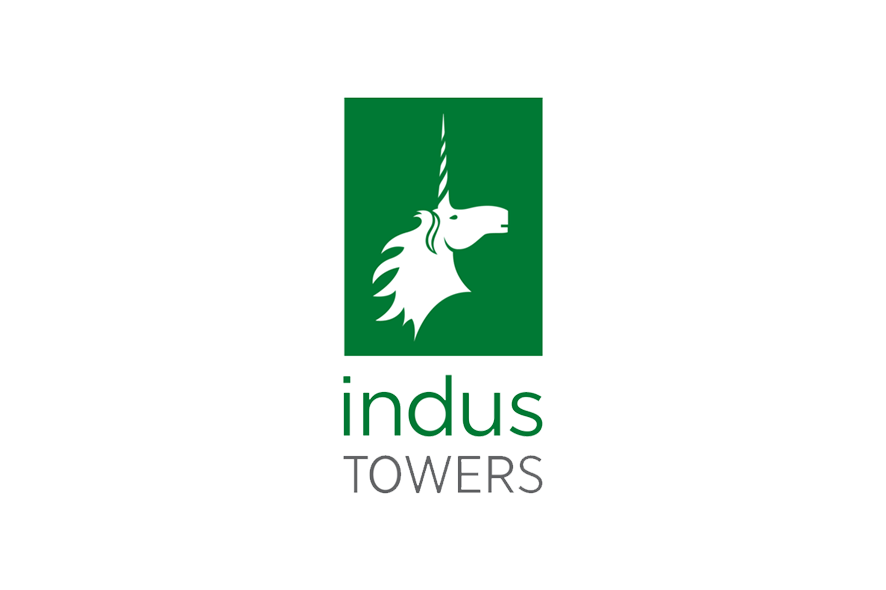

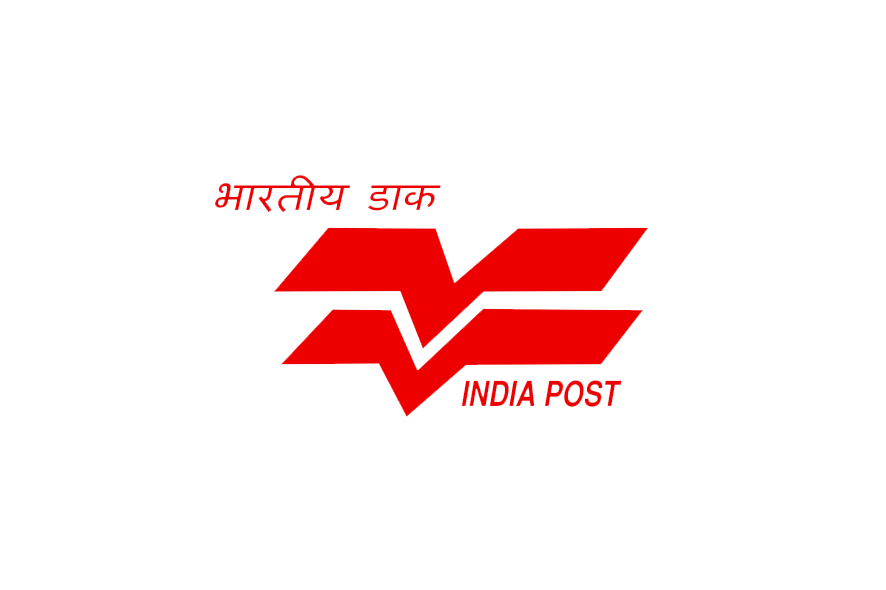
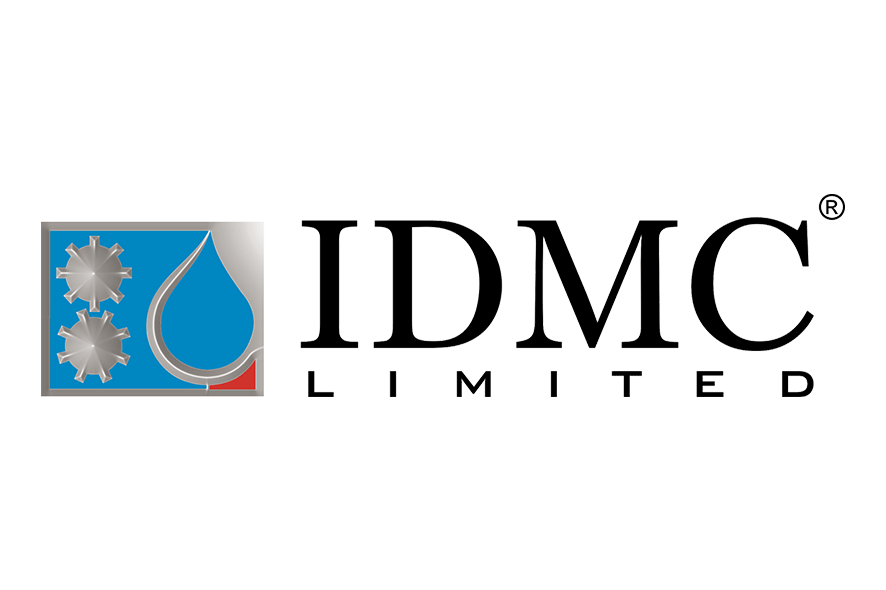
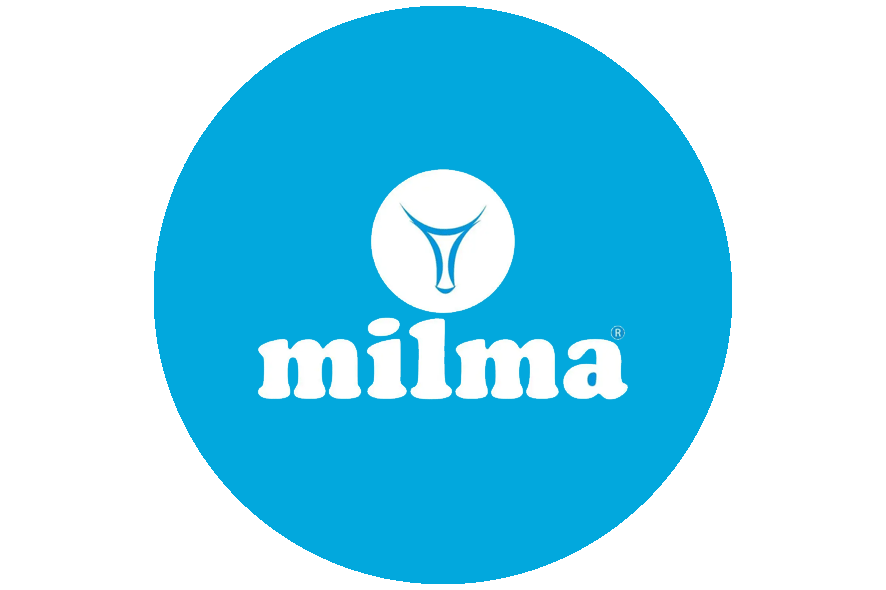
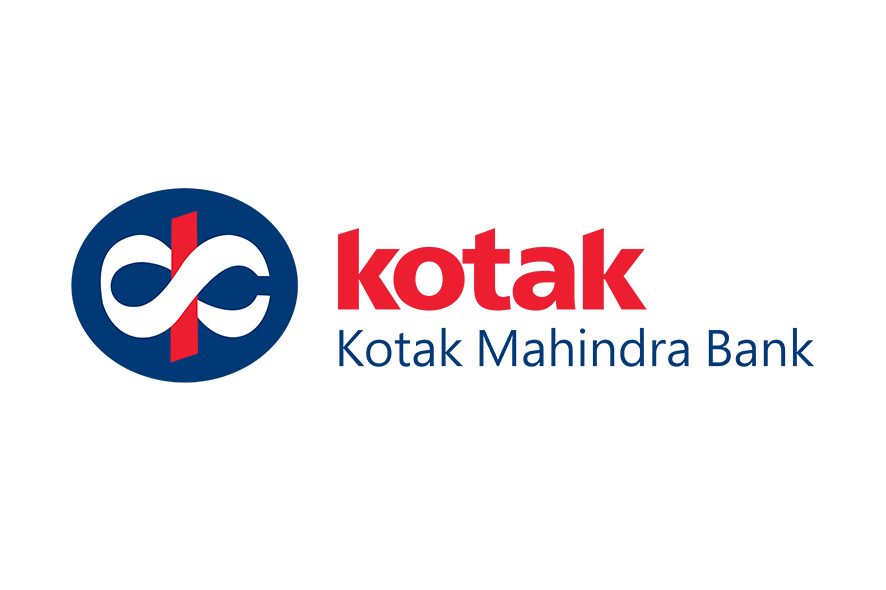
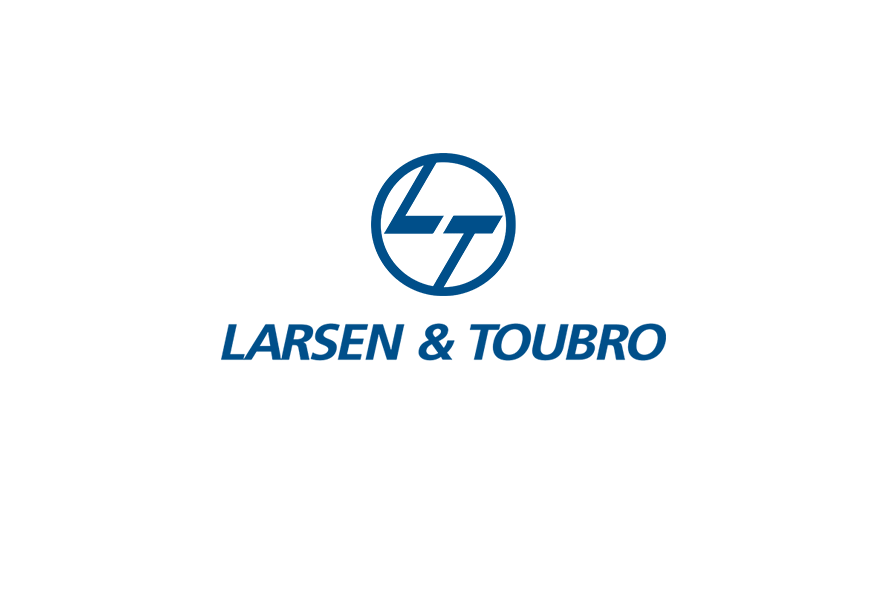
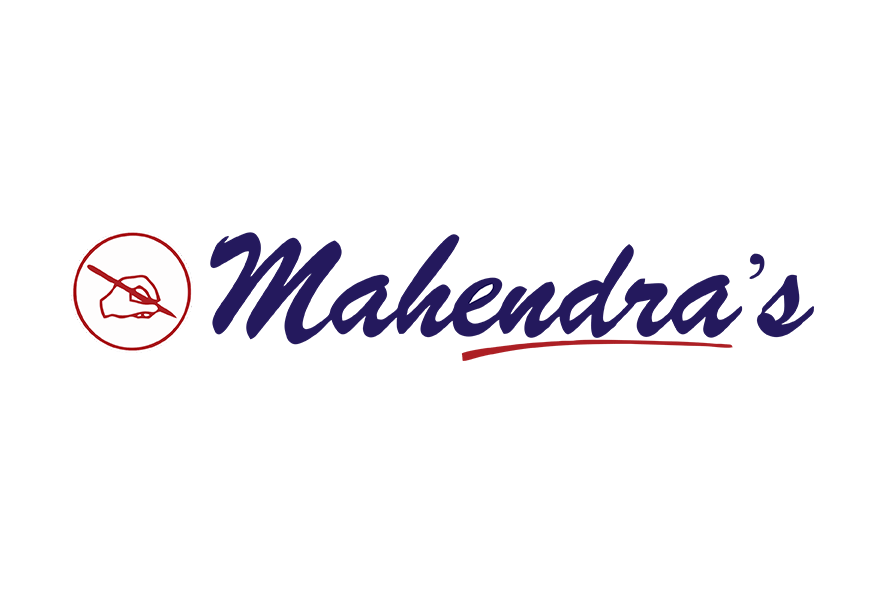

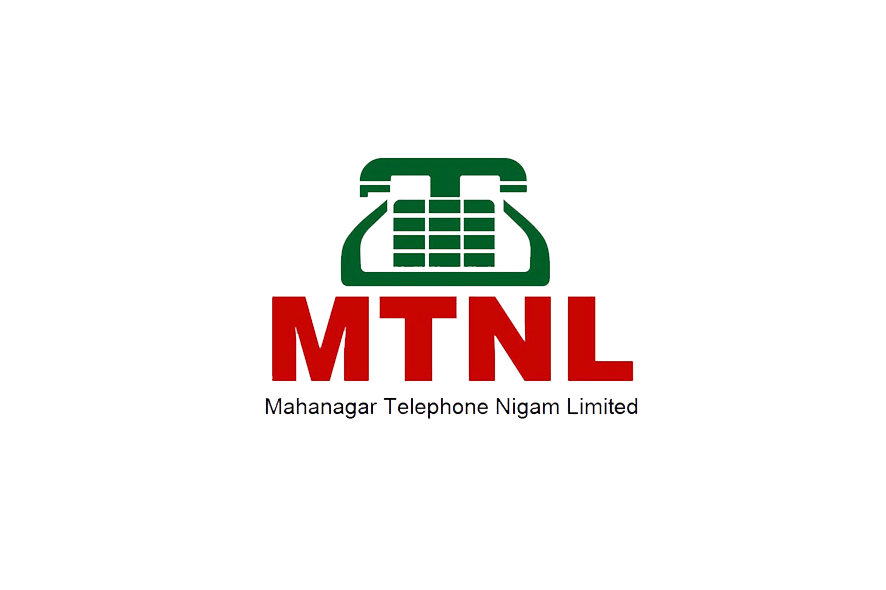
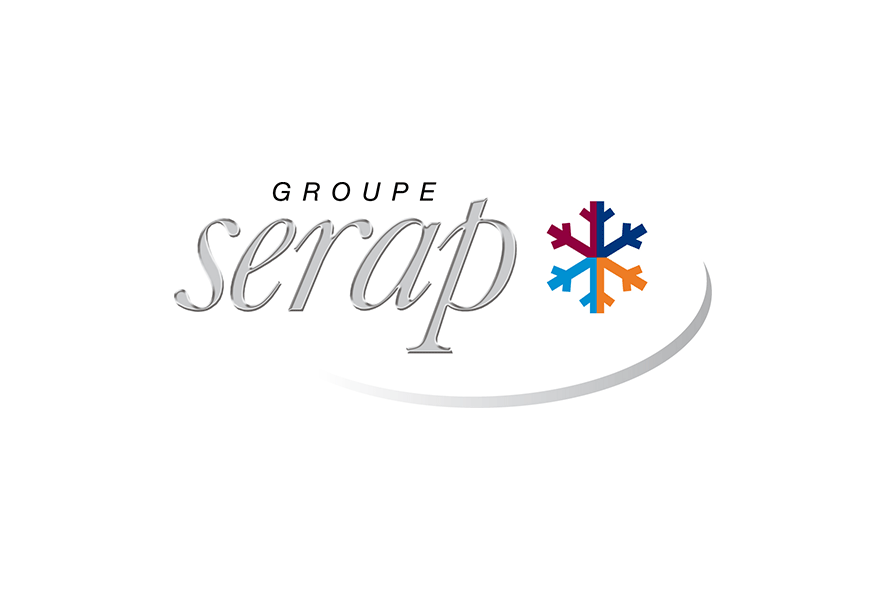

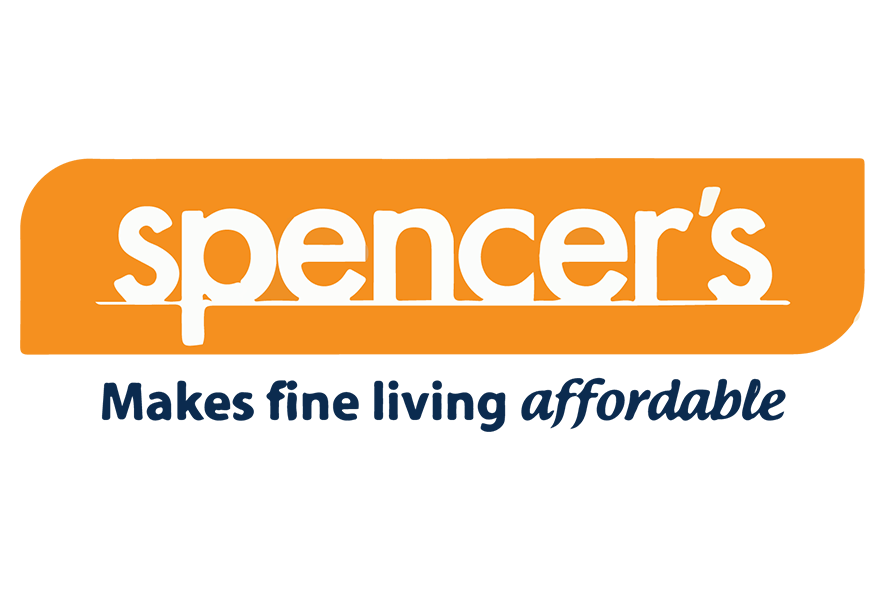
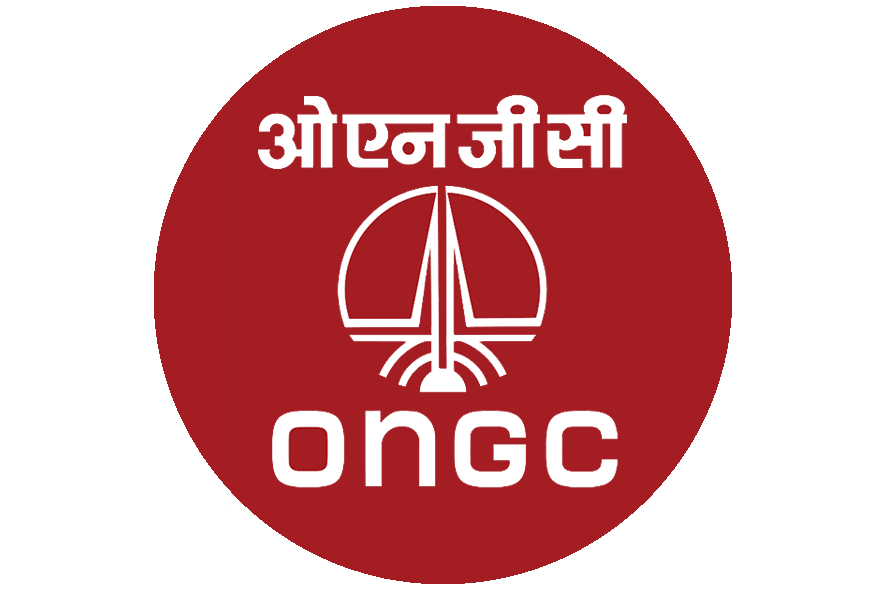
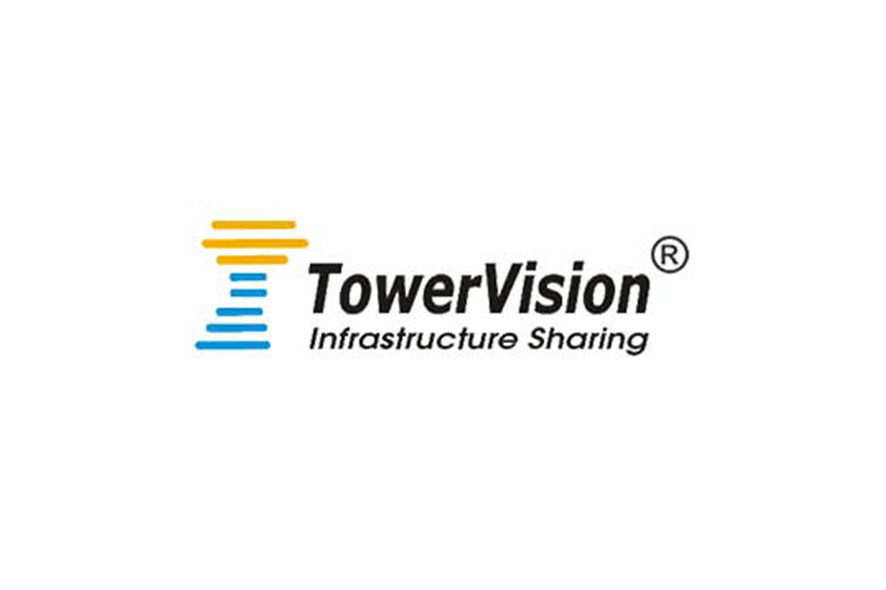
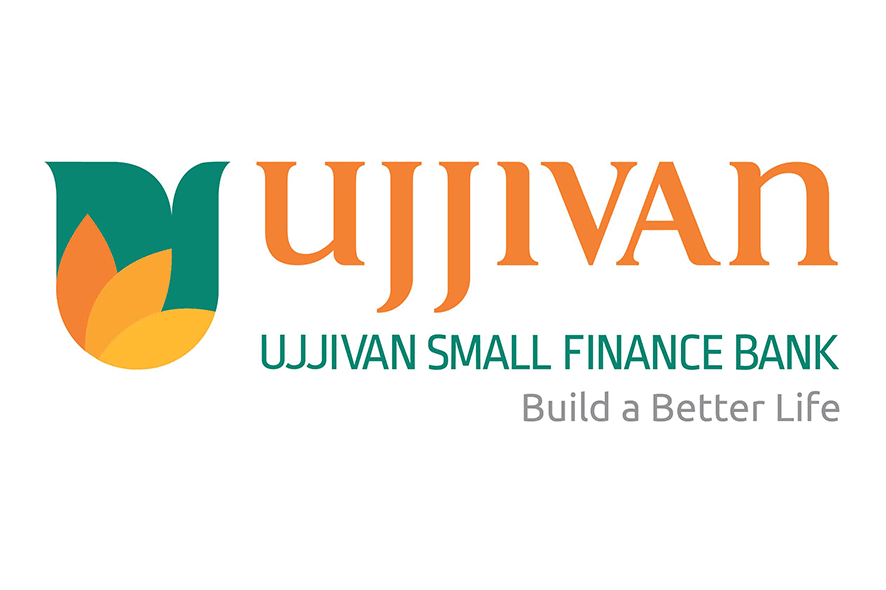

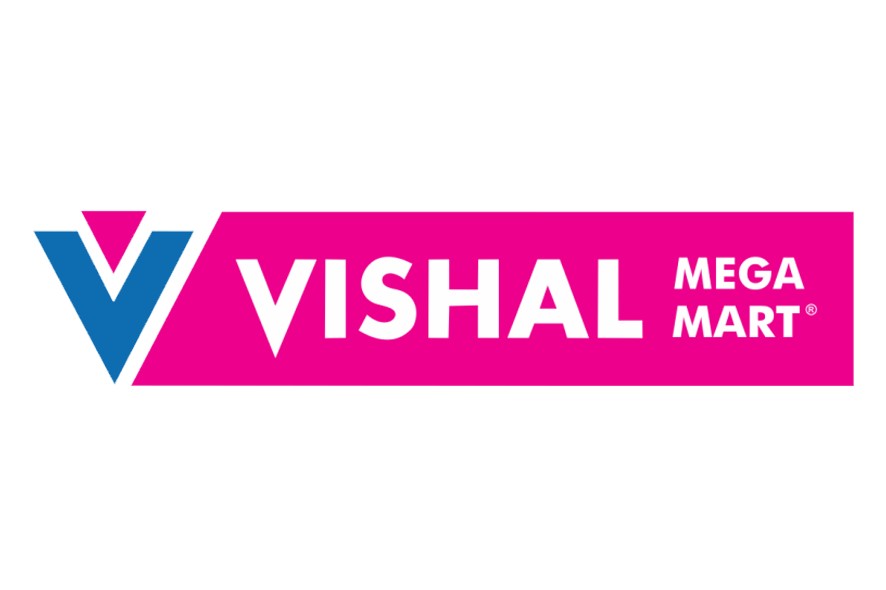
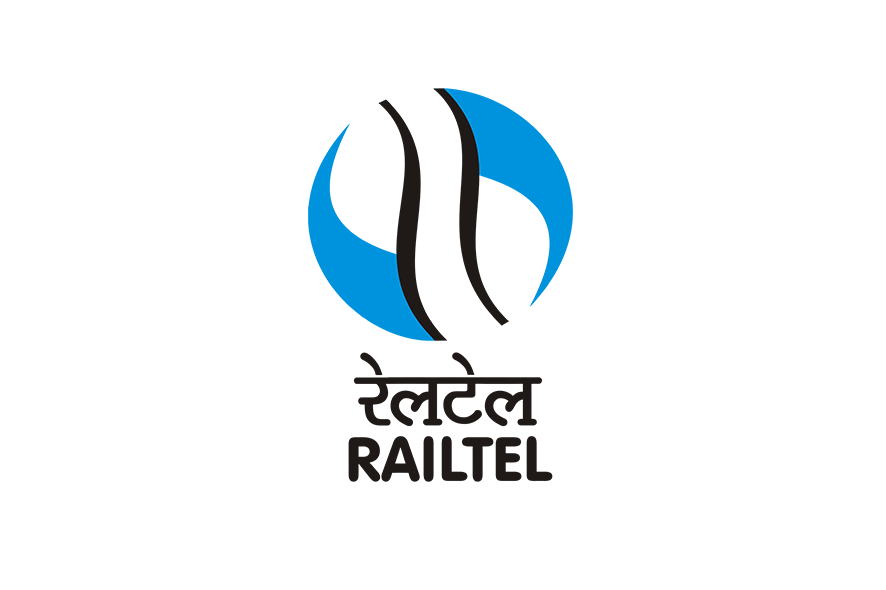
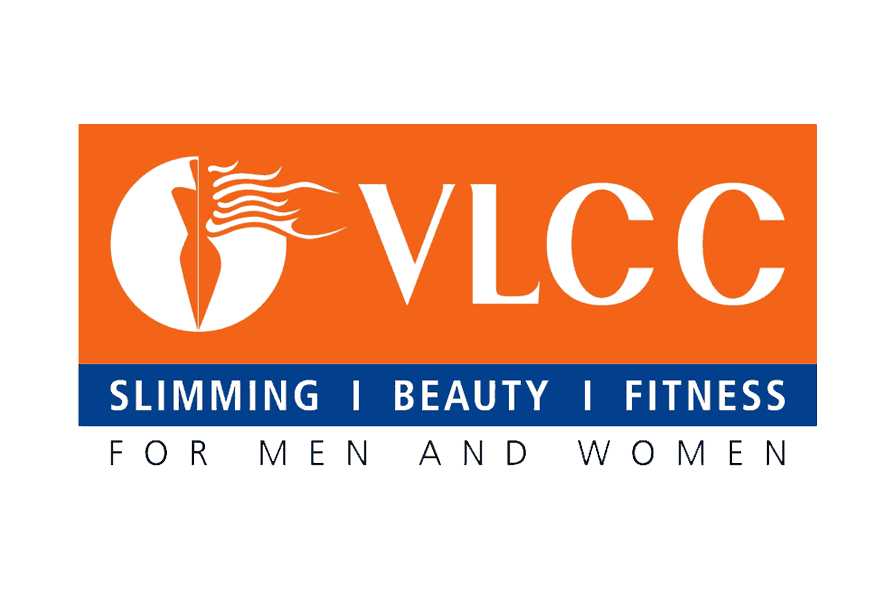


P 28, Kasba Industrial Estate Phase III, Kolkata - 700 107
Vill-Bibirhat, Kanganberia, Bishnupur, South 24 Parganas, West Bengal - 743503
1st Floor, Pushpanjali Complex, G.S. Road , ABC , Guwahati, Assam - 781005
UG Shopping Plaza, Plot no. - 392, BJB Nagar, Lewise Road, PS - Baragada, Dist - Khordha, Bhubaneswar, Odisha - 751014
For any sales and service-related queries, reach us on +91 84820-11111 / +91 84810-11111 connect@teknoconstant.com
CIN: U74999WB2011PTC166480 Former Name: Diverse Techno Services Pvt. Ltd. © Teknoconstant Energy Private Limited 2025. All Rights Reserved